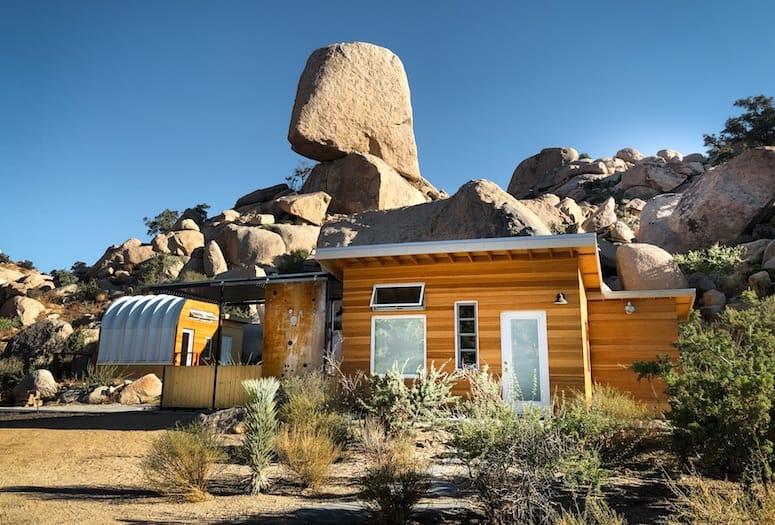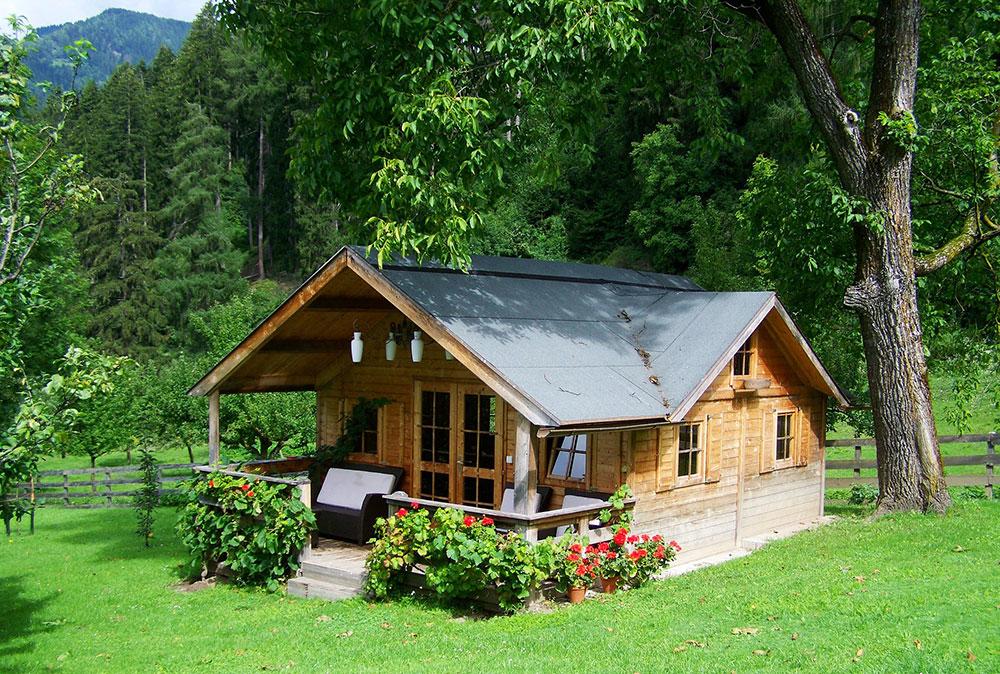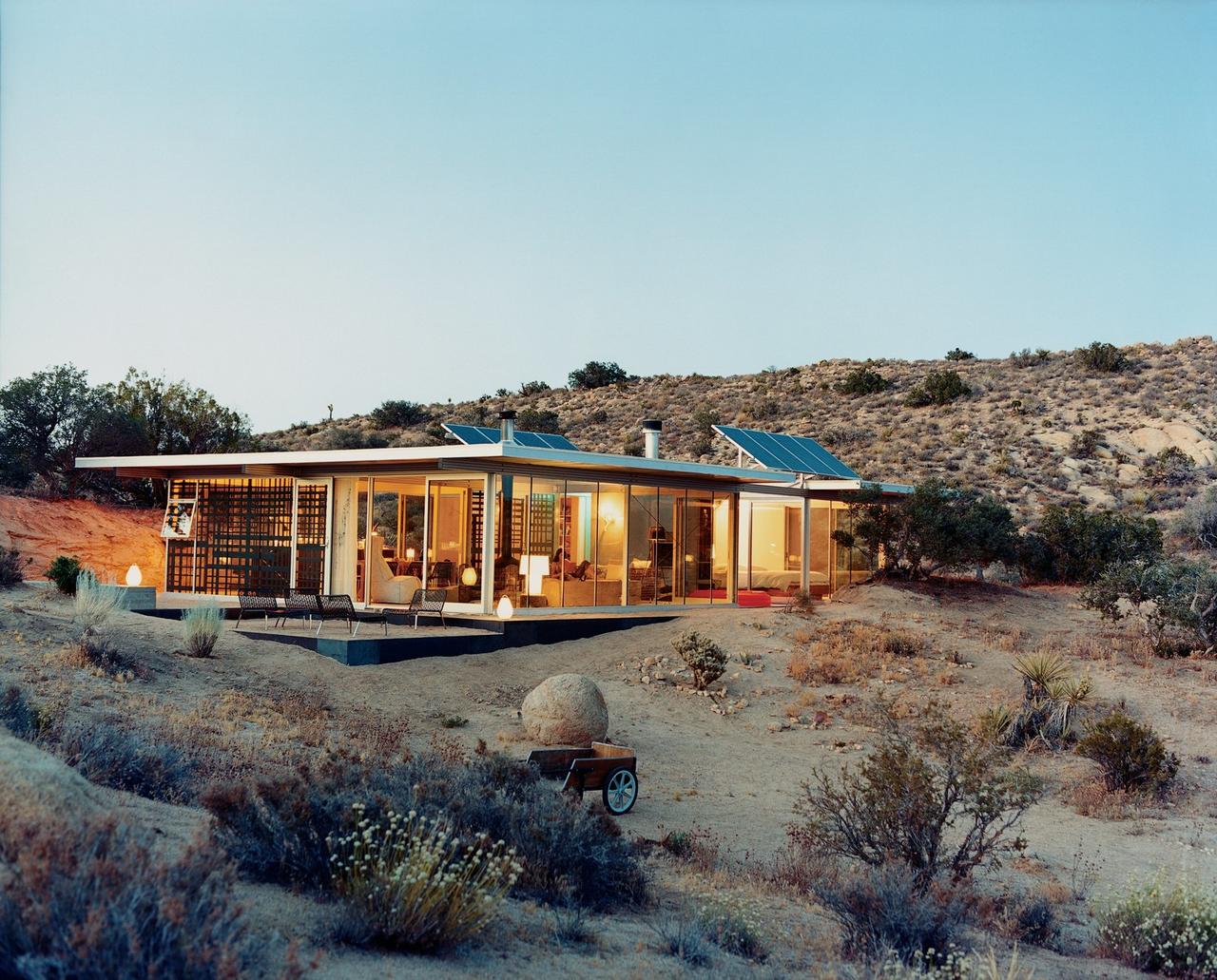“Overnight, The World Became The Twilight Zone” – Exodus From Cities Sparks Mountain-Dweller Greatest Fear
Social distancing is transforming society as we know it. City dwellers are packing up their bags and are heading for the mountains amid the virus crisis.
“Overnight, the world took a sharp turn into the Twilight Zone,” Gina Grande told the Los Angeles Times. “I had to get out of there. So, I made a beeline to my boss’ office and said, ‘This is awkward, but can I please telecommute from Southern California?'”
Grande, terrified of the fast-spreading COVID-19 outbreak in San Francisco, which is where she works and lives, left the metro area for her second home on the outskirts of Joshua Tree National Park, a desert area located in southern California.
As the pandemic sweeps across California’s largest cities, residents are fleeing their urban settings to isolated communities in the Mojave Desert or the rugged Sierra Nevada. The hope is that a remote area can reduce their transmission risk.
But for some, social distancing measures enforced by the government have not just limited their mobility to and from work and or even their ability to go outside, residents in Los Angeles last week were restricted from leaving the city to vacation homes.
In Mammoth Lakes, a town in California’s Sierra Nevada mountains, banned non-residents because infection risk in the small community would quickly overwhelm their hospital system.
The flight from cities to rural communities during the outbreak, ignited by fear, could be the next hottest trend for real estate that revives dying suburbs. Families, who’ve been subjected to chaos at Costco stores of panic hoarding or forced quarantine in their tiny 550 square-foot studios, want the freedom of rural communities and the security of land that could power them through any crisis.
In Joshua Tree, vacation rental companies have said concerned families from large metro areas are renting short-term rentals for weeks and or months at a time following the virus outbreak.
“We just confirmed two rentals for long-term stays over three weeks,” said Josh Sonntag, who operates several rental units in the area. “In both cases, social distancing and the ability to work remotely was important.”
Bryan Wynwood, the owner of Joshua Tree Modern Real Estate, said, “Every call I get is related to the coronavirus. Some of them are from city dwellers worried about being stuck in the center of a metropolis that loses control of its basic public services.”
Sam Steinman, 28, owns several short-term rentals in Joshua Tree, said he’d noticed the desperation in city dwellers’ voices who are willing to pay double for his properties to escape the outbreak in large cities.
“I’ve seen this kind of fear and desperation before in Israel during rocket attacks,” Steinman said. “A friend recently asked if I had a gun he could borrow. I said absolutely not.”
And maybe, just maybe, COVID-19 will have a long-lasting impact on choices made by city dwellers, who have just realized their entire lives can come crashing down in a public health crisis – though, some are making a mad dash to remote areas where life goes on as usual.
A noticeable trend is developing: A revival of dying suburbs could be on the horizon as cities are just too dangerous when everything goes to sh*t.
If you’re looking to flee a metro area, not just because of a virus crisis, but also because housing prices in cities are due for a major correction, here are some affordable suburbs in America that you might find interesting.
Tyler Durden
Wed, 03/25/2020 – 20:10
via ZeroHedge News https://ift.tt/3bnYQrh Tyler Durden


